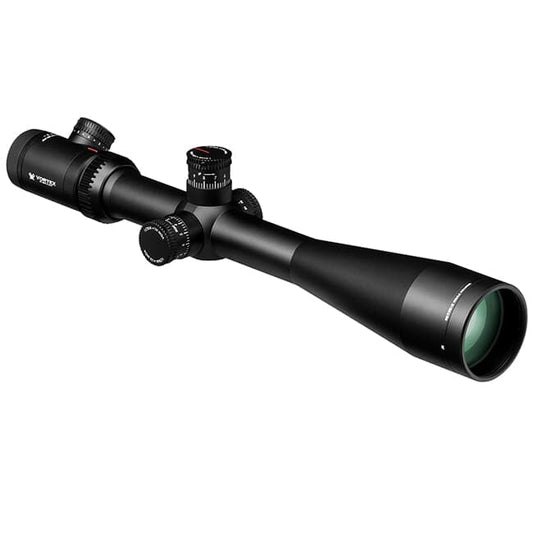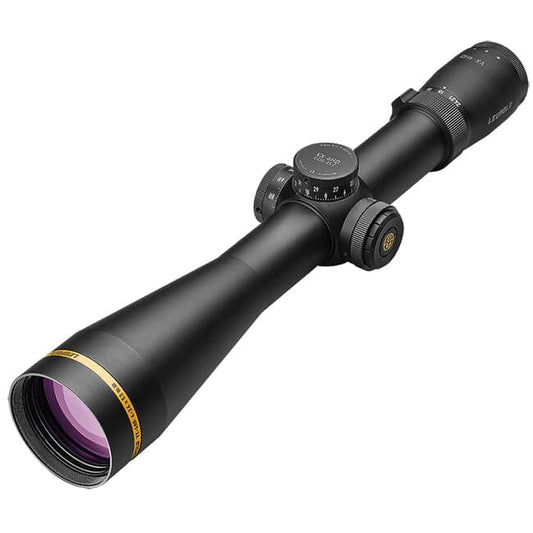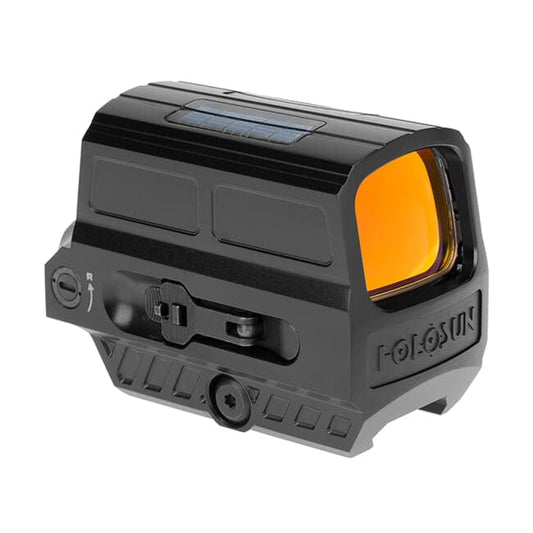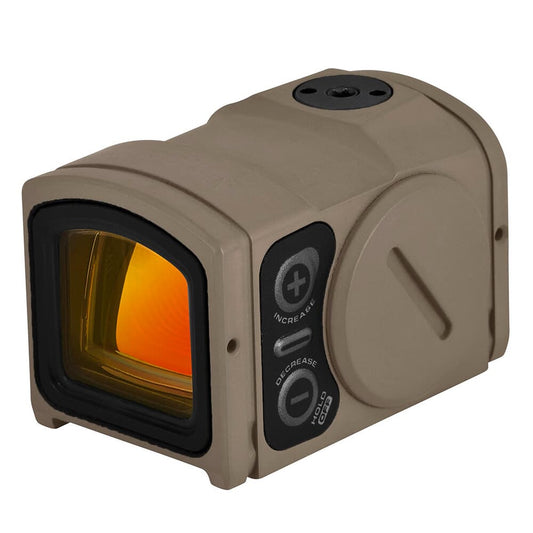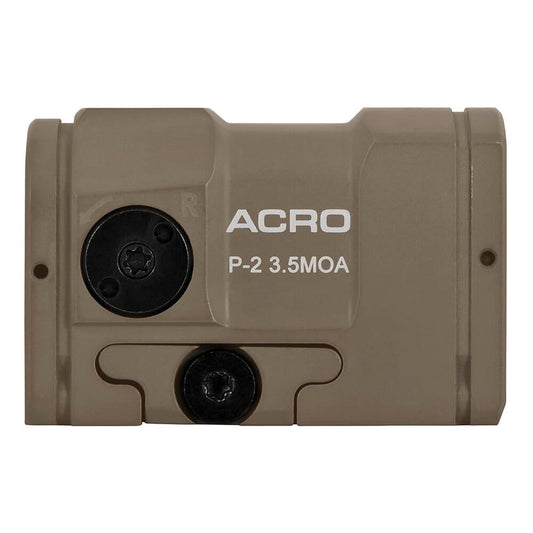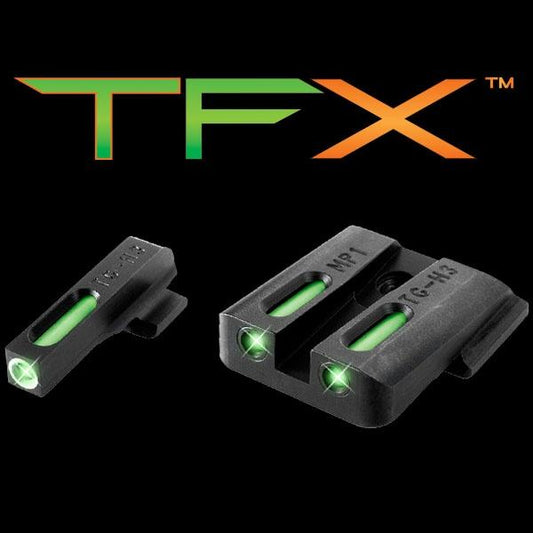

Truglo TFX Tritium/Fiber-Optic Day/Night Sights provide exceptional visibility for S&W M&P series firearms, including SHIELD and other models. These sights utilize a combination of Tritium and Fiber-Optic technology to deliver a clear sight picture under various lighting conditions. This dependable performance allows you to hit your target confidently, whether in bright daylight or low-light environments. Their compact, snag-free design facilitates easy drawing from holsters, making them ideal for everyday carry.
Constructed with durability in mind, TFX sights are resistant to chemicals and solvents, ensuring they withstand the rigors of daily use. The bright white ring around the front fiber optic enhances focus and speeds up target acquisition. Designed for shooters who demand reliability, these sights transform your handgun experience, providing visibility and accuracy at all times.
Features:
- ENHANCED VISIBILITY for bright days and dark nights, ensuring you never miss your shot.
- SNAG-FREE DESIGN allows for smooth drawing from holsters without hindrance.
- DURABLE CONSTRUCTION withstands extreme conditions thanks to chemical- and shock-resistant materials.
- SWISS TRITIUM provides maximum brightness without the need for batteries.
- PERMANENT COATING protects against rust and wear, extending the life of your sights.
- RAPID TARGET ACQUISITION enhanced by the bright white ring around the front fiber optic.
- FULL COMPATIBILITY fits standard holsters, making it easy to incorporate into your gear.
- 24/7 OPERATION means these sights are ready whenever you are, day or night!
Technical Specifications Table
| Feature | Details |
|---|---|
| Compatibility | S&W M&P (including SHIELD & .22 models excluding .22 Compact / C.O.R.E. models), SD9 and SD40 |
| Material | CNC-machined steel with FORTRESS FINISH |
| Tritium Type | Swiss Tritium |
| Weight | Lightweight for easy carry |
What’s in the Box?
- Truglo TFX Sights (front and rear)
- Installation tools
- User manual
Customer Reviews
“These sights are a game-changer! I can see perfectly at night, and they’re solid during the day too.” – Alex T.
“I've tried several sights before, but these TFX sights are by far the best. Highly recommend!” – Jordan M.
FAQ
How do TFX sights perform in low-light conditions? The TFX sights utilize Swiss Tritium, which glows brightly in the dark, ensuring reliable visibility at night without the need for batteries.
Can these sights withstand harsh environments? Absolutely! The sights are encapsulated in a chemical and shock-resistant capsule, making them impervious to oils, solvents, and even ultra-sonic cleaning processes.
Similar Models
Looking for more options? Explore the full range of Truglo products, including the Truglo Brite-Site TFO for enhanced visibility and durability. Discover the perfect fit for your shooting needs today!
You May Also Like
Here’s some of our most similar products people are buying. Click to discover trending style.



